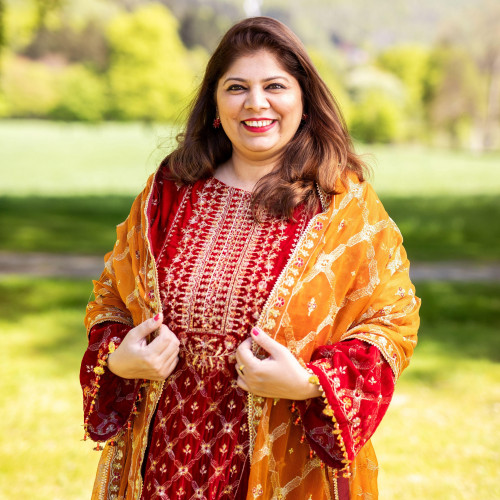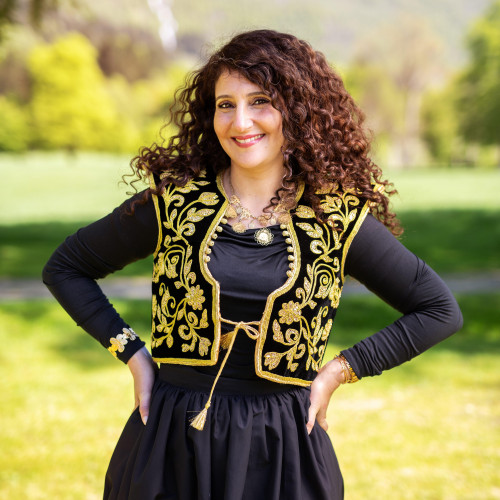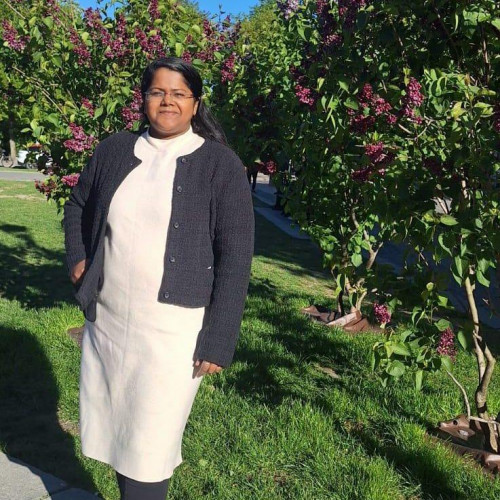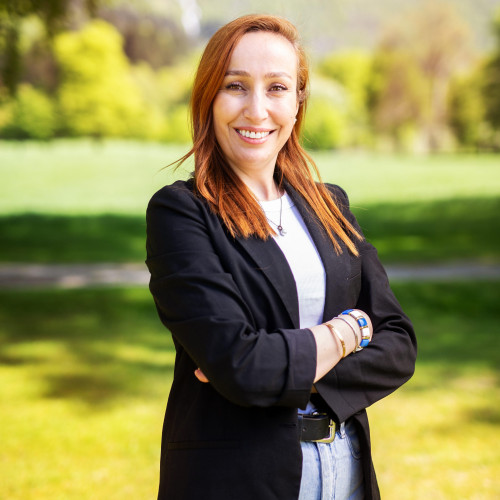The Intersectional Feminist Collective
The IFC represents a dynamic and inclusive network dedicated to the advocacy and advancement of human rights, with a particular focus on women's rights and LGBTQI+ rights.
-
1600
Women reached through local initatives between 2022-2024
-
15
Local Initiatives between 2022-2024
-
7
Operating countries between 2022-2024

“ As a part of this network, we speak the language of love. Even when our countries are in conflict, we act as ambassadors for peace through people-to-people diplomacy. In the IFC, when one person faces a problem, everyone comes together to help. In a world full of divisions, this sense of global solidarity is what makes the IFC so important.” - Sumaira Ishfaq, Pakistani Women’s human rights defender

“ The IFC taught me how to find my voice - how to be confident, strong, and compassionate. It gave me a safe space to grow, to believe in myself, and to truly listen to others. The skills and strength I gained through the IFC, together with my peers, now empower me to keep advocating and driving change beyond the organization. I wouldn’t be the person I am today without the IFC.” - Alma Anaam, Yemeni Women’s rights defender

"In recent years, the conditions for women’s rights and women human rights defenders have seen both progress and new challenges. While awareness for gender equality has grown and more women are stepping into leadership, activism has become risky. In many countries, including Nepal, women who speak out still face harassment, intimidation, and online abuse. Intensified by shrinking civic spaces and limited resources. In this context, the IFC’s role is more vital than ever, providing a safe, supporting space for women defenders to connect, learn and stand in solidarity." - Gomadevi Bastola, Nepali women's human rights defender

“The situation for women is worsening, violence is rising, funding for gender work is decreasing, and NGO’s face increasing restrictions, in Tunisia and globally. As the economy declines, women’s conditions continue to deteriorate. The IFC can play a crucial role by empowering women activist, giving them tools, skills, and confidence to continue their work, advocate effectively, and manage challenges such as stress and burnouts.” - Wissem Ben Rejeb Ep Lahmar, Tunisian activist

“ Intersectionality means recognizing that women face challenges shaped by many overlapping factors, such as race, religion, class, caste, sexual orientation, disability and economic status. Each woman’s experience is different, so it’s essential to approach every issue through an intersectional lens that includes diverse perspectives and contexts." - Rameshwari, Human rights defender from India

“The IFC has greatly supported my personal and professional growth. It provided opportunities for my mobility, with workshops and to be able to connect with other activist. This consequently strengthened my confidence to stand in front of other women and continue my activism. Through IFC’s capacity-building training, I gained valuable knowledge that I now get to share with other activist, helping expand the impact of our collective work.” - Weam Ghabash, Syrian feminist activist